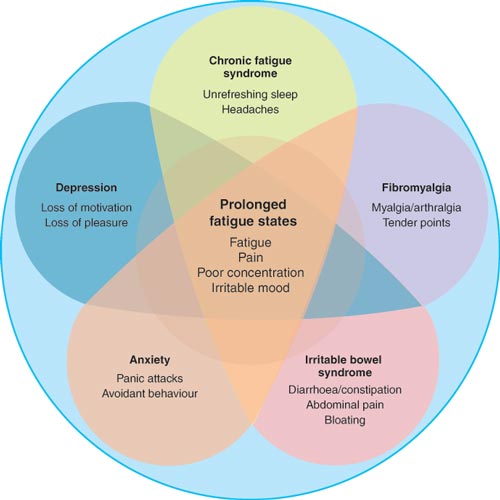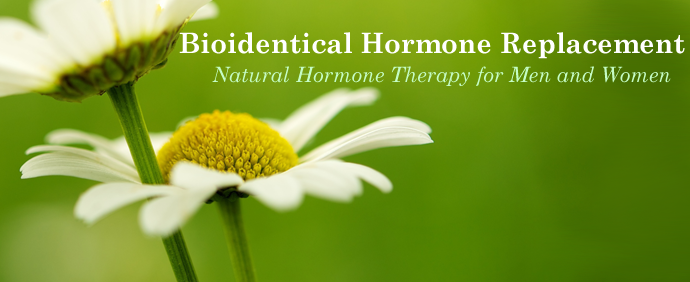Sexual intimacy beyond menopause in women
Sexual intimacy beyond menopause in women: What are your fears as you approach menopause?

Sexual intimacy beyond menopause in women is very possible and can be most enjoyable
One of the most interesting things in life is being intimate sexually with a partner, and for the avoidance of doubt I’ am addressing the intimacy between a man and a woman. As we (women) approach the menopause, psychological preparedness is very important because this is a totally new life that may come with its own expectations for many women. Once this is done then women can embrace these changes positively and even enjoy their sexual life progressively into old age. And just to bring words of hope about sexual intimacy beyond menopause in women doctor Akoury encourages that women approaching this stage in life can share with their counterparts who have been there to get to understand and learn from their experience. Such information will be very important because it will interest you to note that many women going through menopause are in the contrary enjoying their sex life than many think. This has been necessitated by the fact that they no longer have the worry of ever becoming pregnant or worries of raising children and so they are even motivated to having and enjoying sex spontaneously.
Another motivation is that of not having to run several commitments like child care which can be very much involving and parked with endless activities. With the omission of such activities, a lot more energy is saved at the end of the day thereby causing them to be more relaxed and comfortable for the enjoyment and satisfaction with their sexual life.
Sexual intimacy beyond menopause in women: Facing women sex complications
There is no doubt that woman’s sex drive can be quite complex, and beside the emotional traits, there are certain physical changes during menopause that can further complicate things. Some of the things that may bring complications may include:
Overweight: for better result it will be necessary that you shade off those extra pounds and any changes that come with it like body shape (hello, belly fat!). If these conditions are not addressed any woman may feel uncomfortable or self-conscious about her body and may even fail to recognize it as her own. Besides that weight issues also brings with it poor self-image. And that explains why to many people if you’re carrying extra weight, physical problems like reduced energy or mobility may interfere with your sexual function.
Hormonal changes: As we get to this stage in life, hormonal changes will always take place since they go hand-in-hand with menopause. It is during this time that two things will occur; meaning that while your body is busy ushering your estrogen out, it’s also ushering in some pretty significant vaginal changes including dryness and thinning of its lining. Less estrogen equals less vaginal lubrication, leading to a less elastic vagina. And the consequences of that is pain, burning, tightness or soreness.
Other possible sex-busters: hot flashes, mood swings, night sweats, irregular bleeding, sleep problems and insomnia.
Sexual intimacy beyond menopause in women: Dealing with menopause problems
This is very important however it must be noted that not all sexual problems at this point cause frustrations. It therefore means that if they’re not bothersome to you or your partner then don’t consider them as problems. Each individual has their own normal and threshold for letting a problem get in the way of their relationship. To that effect doctor Akoury advices that before you throw up your hands in frustration, here are some ideas worth considering:
- Take physical therapy for pelvic discomfort seriously
- Regular sexual activity, which promotes vaginal health and blood flow. And to make it easier, you may want to consider:
- Vaginal dilators
- Over-the-counter vaginal lubricants (for temporary relief of dryness before and during sex)
- Over-the-counter vaginal moisturizers (for longer-term relief from dryness)
- Low-dose vaginal estrogen therapy in cream, ring or vaginal tablet form (reverses underlying atrophy and dryness)
- Higher-dose hormone therapy throughout the body via pills, patches and other preparations (reverses underlying atrophy and dryness, but generally reserved for women with bothersome hot flashes. Other treatments:
Laser therapy: A new non-hormonal therapy, the MonaLisa Touch is a fractional carbon dioxide (CO2) laser specially designed to help restore vaginal health in postmenopausal women. It was recently introduced in this country after successfully treating more than 15,000 patients around the world. Performed by an OB/GYN, it works by delivering controlled energy to the vaginal tissue to revitalize the cells to make more collagen (which is an essential ingredient in vaginal cell health) and is an in-office, virtually pain-free procedure requiring no anesthesia.
Flibanserin: Touted as the “female Viagra,” the FDA twice rejected this drug, citing safety concerns like low blood pressure, dizziness and fainting. As of this writing, an FDA advisory panel has recommended approval of the drug on the condition that the drug’s manufacturer, Sprout Pharmaceuticals, try to reduce the risks of side effects.
Ospemifene (Osphena): This drug was approved by the FDA in 2013 for postmenopausal women who experience pain or discomfort during sexual intercourse. The once-a-day pill, which works by acting like estrogen in some parts of the body, helps make vaginal tissue thicker and less fragile. Any woman considering taking any medication should have a thorough discussion with her health care provider to consider the risks and benefits.

 Women Hot flashes sometimes referred to as hot flushes, are an uncomfortable, irritating condition to deal with. They can interfere with your life and make ordinary situations frustrating. If you’re dealing with hot flashes and want help, please call
Women Hot flashes sometimes referred to as hot flushes, are an uncomfortable, irritating condition to deal with. They can interfere with your life and make ordinary situations frustrating. If you’re dealing with hot flashes and want help, please call 














 The risks of alcohol abuse are well known by even elementary school kids. However the link between
The risks of alcohol abuse are well known by even elementary school kids. However the link between  “
“




